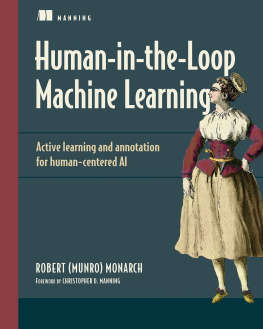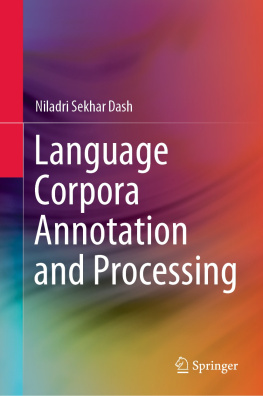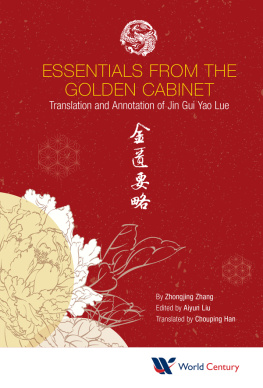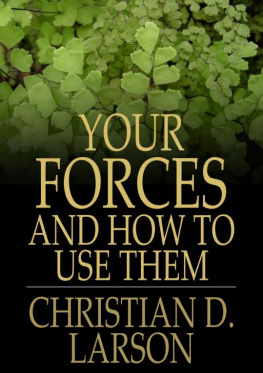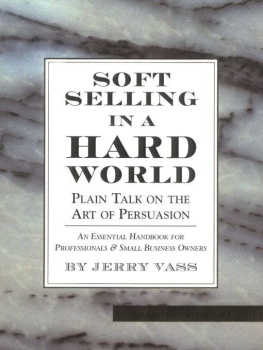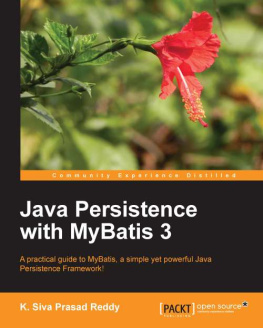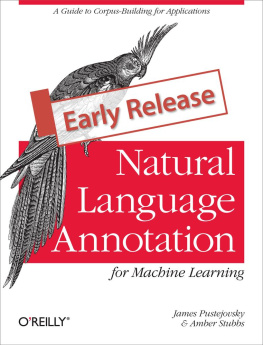Tychyna - Pavlo Tychyna
Here you can read online Tychyna - Pavlo Tychyna full text of the book (entire story) in english for free. Download pdf and epub, get meaning, cover and reviews about this ebook. year: 2006, publisher: Glagoslav Publications Limited, genre: Art. Description of the work, (preface) as well as reviews are available. Best literature library LitArk.com created for fans of good reading and offers a wide selection of genres:
Romance novel
Science fiction
Adventure
Detective
Science
History
Home and family
Prose
Art
Politics
Computer
Non-fiction
Religion
Business
Children
Humor
Choose a favorite category and find really read worthwhile books. Enjoy immersion in the world of imagination, feel the emotions of the characters or learn something new for yourself, make an fascinating discovery.

Pavlo Tychyna: summary, description and annotation
We offer to read an annotation, description, summary or preface (depends on what the author of the book "Pavlo Tychyna" wrote himself). If you haven't found the necessary information about the book — write in the comments, we will try to find it.
Pavlo Tychyna — read online for free the complete book (whole text) full work
Below is the text of the book, divided by pages. System saving the place of the last page read, allows you to conveniently read the book "Pavlo Tychyna" online for free, without having to search again every time where you left off. Put a bookmark, and you can go to the page where you finished reading at any time.
Font size:
Interval:
Bookmark:
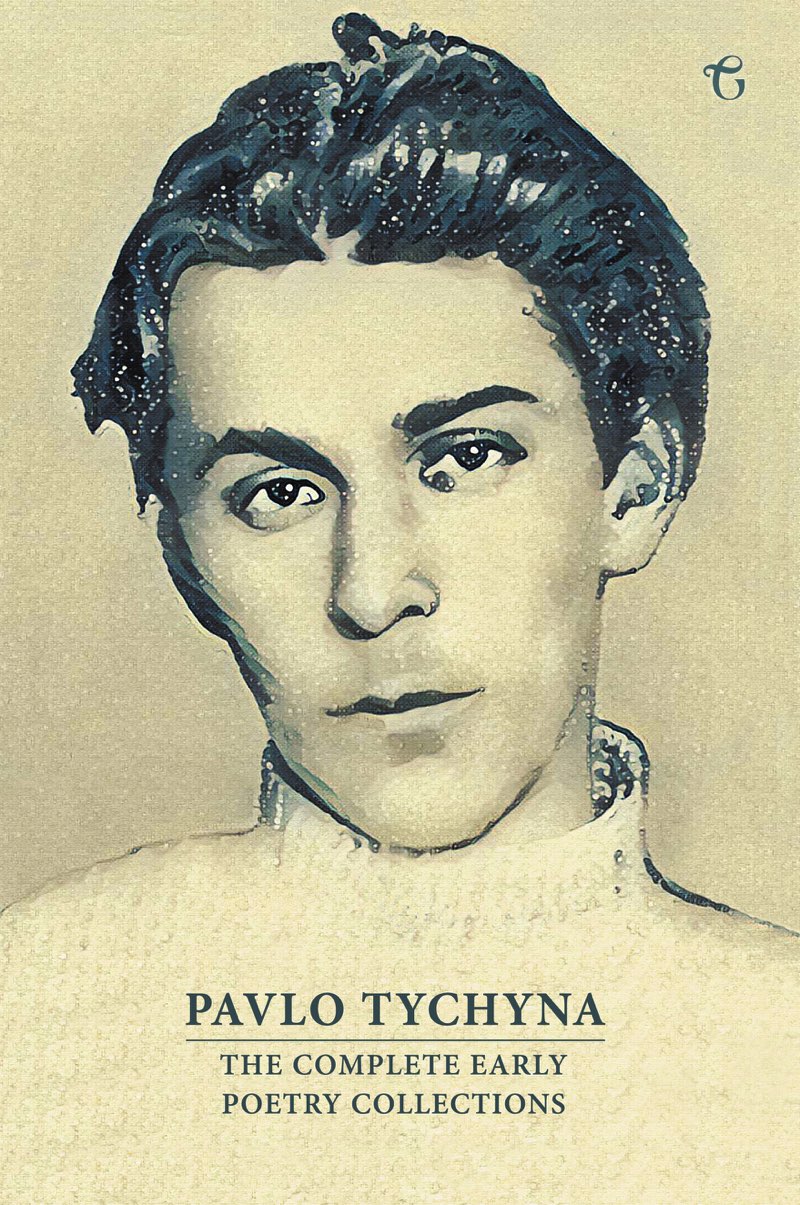

Gogol chose to become assimilated into Russian culture and achieved international fame, while Shevchenko preferred to write almost exclusively in Ukrainian, which led to his becoming the national bard of his homeland with less of an international reputation than Gogol. Nonetheless, the West, to at least some degree, still has been aware of Shevchenkos stature since he always has been compared favorably to his Romantic contemporaries Adam Mickiewicz and Alexander Pushkin. Gogol, though, it must also be noted, wrote in prose (albeit a highly poetic prose), a genre much more accessible than poetry to the Western reader in translation. The general neglect of Ukrainian writers in world literature partly is a result of tsarist and, during the Soviet period, Stalinist politics. While Europe was recovering from the ravages of World War I, the newly formed Soviet Union was rebuilding from the war, revolution, and civil war. The free Ukrainian National Republic survived from 1918 to 1921.
Rather than oppressively stifling the assimilated Ukrainian lands, Lenin and the Bolsheviks chose to harness the resurgent Ukrainian nationalism to their advantage in building a new Soviet state. The 1920s saw a great renewal of Ukrainian culture under Lenins New Economic Policy. Besides economic reforms geared to resuscitate a devastated economy, the period allowed for the relatively unrestrained development of the Ukrainian language and literature. This era marked the beginning of the transformation of a relatively uneducated and primarily agrarian population to an educated urban one, with concomitant cultural development. The Ukrainian language was no longer banned in print as it was during tsarist times. A Ukrainian press flourished.
A great amount of cultural activity took place, and numerous trend setters emerged in the arts, most notably the prose writers Mykola Khvylovy and Valerian Pidmohylny, the playwright Mykola Kulish, the filmmaker Alexander Dovzhenko, the theatrical director Les Kurbas with his experimental Berezil Theater, and a number of others. The twenties particularly marked the development of a highly innovative poetry in Ukrainian belle-lettres, spanning from the Neoclassicist verse of Maksym Rylsky to the highly intellectual poetry of Mykola Bazhan. Pavlo Tychyna entered this period first as a Symbolist who, like his Russian counterparts Blok and Soloviev, predicted the appearance of Divine Sophia after a bloody conflagration. Once Tychyna saw the reality of the bloodshed of revolution and civil war, he rejected it as the destruction of human values. These varied Ukrainian artists and literati continued the spirit of experimentation that was formulated in the visual arts by such Kyiv-born artists as Casimir Malevich and Alexander Archipenko. This experimentation, of course, paralleled artistic advancements in Europe and Russia, championed by such figures as Pablo Picasso, George Braque, Paul Klee, and Vassily Kandinsky.
But the experimentation in Soviet Ukraine was short lived. Following the death of Lenin, Stalin crushed the cultural revival. The migr scholar Yuri Lavrinenko has aptly designated this period of the late twenties and thirties in Soviet Ukraine as the executed renaissance. Stalin instituted a policy of Russification and brutally attacked the intelligentsia with arrests and executions. Then he proceeded to assault the agrarian population in the early 1930s with an artificially induced famine that killed over seven million peasants. The repercussions of the terror were felt throughout all of Soviet Ukrainian society, both in human and in cultural terms.
The leader of the Ukrainian communist party Mykola Skrypnyk committed suicide as did Khvylovy. Pidmohylny, Kulish, and Kurbas were arrested and later died in Siberian labor camps. The few leading figures who survived were forced to compromise their principles and to acquiesce to the demands of the state. Tychyna was one who managed to survive, in part, by acquiescing. Pavlo Tychyna (1891-1967) is acclaimed as one of the leading Ukrainian poets of the modern period. His name invariably surfaces along with Mykola Bazhan, Maksym Rylsky, and Bohdan Ihor Antonych as the most brilliant Ukrainian poets of the twentieth century.
One critic assesses him as a unique innovator in poetic expression and one of the most outstanding Ukrainian poets of this century. Another considers him a bold innovator, supreme master of his craft,...and a poet of the first magnitude. Various sources prolifically attest to Tychynas poetic ability. For example, the leading Russian literary reference work, the Brief Literary Encyclopedia, refers to the mastery of the poet-innovator Tychyna, whose verse exhibits musicality, richness of rhythm, [and] an organic fusion of symbolic and impressionist poetic devices with the folk song. The now somewhat dated Biobibliographical Dictionaryof Ukrainian Writers from the 1960s contains a list of more than twenty-five pages of Soviet-period critical works on him. A twelve-volume Soviet collected works edition of Tychyna appeared in the 1980s.
And the monographs, critical articles, and memoirs by Ukrainian writers and literary critics continue to be produced at a steady pace. An unexpurgated version of his early works finally was published in Kyiv in 1990. There can be no doubt of Tychynas prominence in his native culture, yet little is known of this brilliant poet in the West. Tychynas virtuosity and innovativeness should have brought him to the forefront of world literature in his time with his European contemporaries such as T.S. Eliot, Ezra Pound, Rainer Maria Rilke, Anna Akhmatova, and Federico Garcia Lorca. Yet few in the English-speaking world have been made aware of his talent and accomplishments.
It is time for this situation to be at least partly rectified and for Tychyna to take his rightful place in the history of world poetry. While poets in the western tradition are all-too-often treated as aesthetes who write for a limited intellectual audience, poets (even in the modern period) in the Slavic tradition are honored with great reverence. They are often venerated as prophets and spokespersons for an entire nation or people, and the poetic word is treated as sacred. Much of Tychynas early poetry fits the prophetic modality. Tychynas
Font size:
Interval:
Bookmark:
Similar books «Pavlo Tychyna»
Look at similar books to Pavlo Tychyna. We have selected literature similar in name and meaning in the hope of providing readers with more options to find new, interesting, not yet read works.
Discussion, reviews of the book Pavlo Tychyna and just readers' own opinions. Leave your comments, write what you think about the work, its meaning or the main characters. Specify what exactly you liked and what you didn't like, and why you think so.

